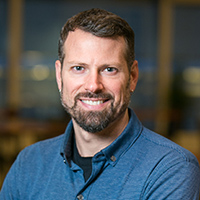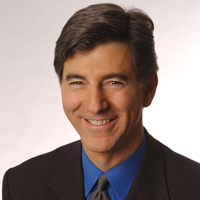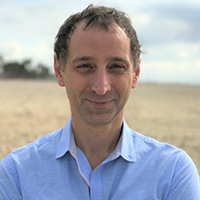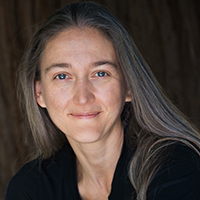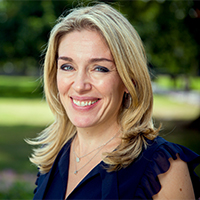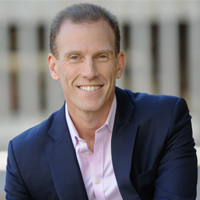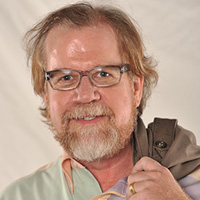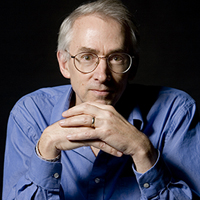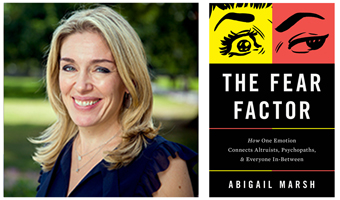
12:00PM: Abigail Marsh | Moderator Nathan Lents
The Fear Factor: How One Emotion Connects Altruists, Psychopaths, and Everyone In-Between
At fourteen, Amber could boast of killing her guinea pig, threatening to burn down her home, and seducing men in exchange for gifts. A few miles away, Lenny Skutnik cared so much about others that he jumped into an ice-cold river to save a drowning woman. What is responsible for the extremes of generosity and cruelty humans are capable of? By putting psychopathic children and extreme altruists in an fMRI, acclaimed psychologist Abigail Marsh found that the answer lies in how our brain responds to others’ fear. A path-breaking read, The Fear Factor is essential for anyone seeking to understand the heights and depths of human nature.
1:00PM: David Sloan Wilson | Moderator Nathan Lents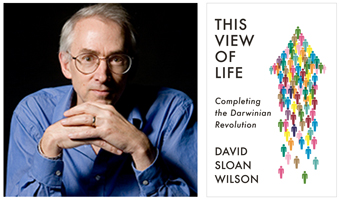
This View of Life: Completing the Darwinian Revolution
According to David Sloan Wilson, Charles Darwin’s revolutionary theory of evolution can’t be truly complete until it is applied more broadly—to everything associated with the words “human,” “culture,” and “policy.” In a series of engaging and insightful examples, Wilson shows how an evolutionary worldview provides a practical tool kit for understanding not only genetic evolution but also the fast-paced changes that are having an impact on our world and ourselves. What emerges is an incredibly empowering argument: If we can become wise managers of evolutionary processes, we can solve the problems of our age at all scales—from the efficacy of our groups to our well-being as individuals to our stewardship of the planet Earth.
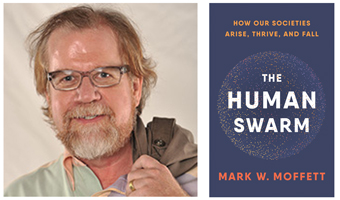
2:00PM: Mark Moffett | Moderator Nathan Lents
The Human Swarm: How Our Societies Arise, Thrive, and Fall
For years, psychologists have held that our biology puts a hard upper limit—about 150 people—on the size of our social groups. But human societies are in fact vastly larger. How do we manage—by and large—to get along with each other? In this paradigm-shattering book, biologist Mark W. Moffett draws on findings in psychology, sociology and anthropology to explain the social adaptations that bind societies. He explores how the tension between identity and anonymity defines how societies develop, function, and fail. The Human Swarm reveals how mankind created sprawling civilizations of unrivaled complexity—and what it will take to sustain them.
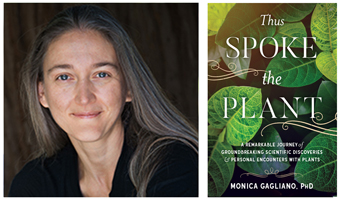 3:30PM: Monica Gagliano | Moderator Budd Mishkin
3:30PM: Monica Gagliano | Moderator Budd Mishkin
Thus Spoke the Plant: A Remarkable Journey of Groundbreaking Scientific Discoveries and Personal Encounters With Plants
In this “phytobiography”—a collection of stories written in partnership with a plant—scientist Monica Gagliano reveals the dynamic role plants play in first-hand accounts from her studies on plant communication and cognition. Gagliano encourages us to rethink plants as people—beings with subjectivity, consciousness, and volition, and hence having the capacity for their own perspectives and voices. The book draws on personal encounters with the plants themselves, as well as plant shamans, indigenous elders, and mystics from around the world. By demonstrating experimentally that learning is not the exclusive province of animals, Gagliano has re-ignited the discourse on plant subjectivity and ethical and legal standing.
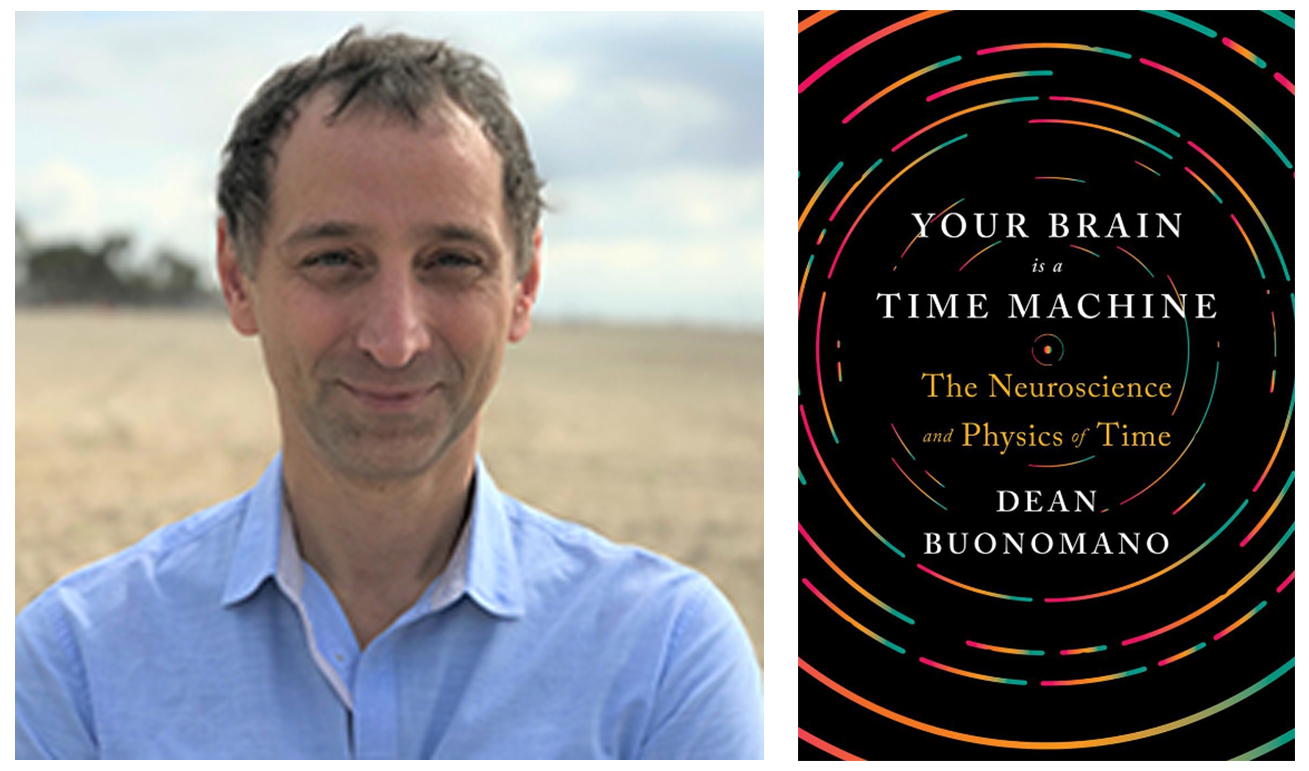 4:30PM: Dean Buonomano | Moderator Budd Mishkin
4:30PM: Dean Buonomano | Moderator Budd Mishkin
Your Brain Is a Time Machine: The Neuroscience of Physics and Time
In Your Brain Is a Time Machine, brain researcher and best-selling author Dean Buonomano draws on evolutionary biology, physics, and philosophy to present his influential theory of how we tell and perceive time. The human brain, he argues, is a complex system that not only tells time but creates it; it constructs our sense of chronological flow and enables simulations of future and past events. These functions are essential to the evolution of the human race: without the ability to anticipate the future, mankind would never have crafted tools or invented agriculture. Buonomano combines neuroscience expertise with a far-ranging, multidisciplinary approach to reveal as much about the fascinating architecture of the human brain as the intricacies of time itself.
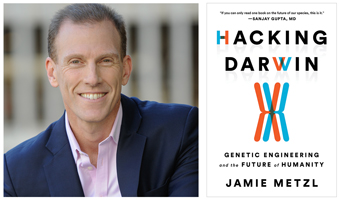
5:30PM: Jamie Metzl | Moderator Budd Mishkin
Hacking Darwin: Genetic Engineering and the Future of Humanity
From leading geopolitical expert and technology futurist Jamie Metzl comes a groundbreaking exploration of the many ways genetic-engineering is shaking the core foundations of our lives―sex, war, love, and death. At the dawn of the genetics revolution, our DNA is becoming as readable, writable, and hackable as our information technology. But as humanity starts retooling our own genetic code, the choices we make today will be the difference between realizing breathtaking advances in human well-being and descending into a dangerous and potentially deadly genetic arms race. When we can engineer our future children, massively extend our lifespans, build life from scratch, and recreate the plant and animal world, should we?














